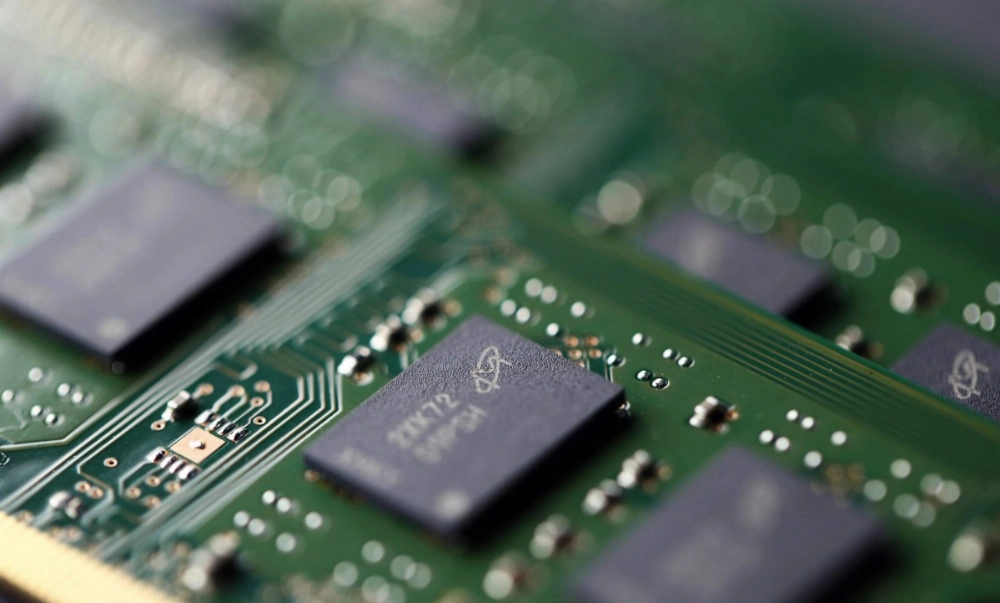Japan needs a medium-term strategy for supporting the semiconductor industry, rather than ad hoc measures such as creating or adding to funds every time it compiles a supplementary budget, a finance ministry advisory panel has said.
The subcommittee of the Fiscal System Council proposed Friday that the government provide efficient support over multiple years to the sector, which is growing in importance from the perspective of economic security.
The Japanese government has allocated some ¥3.9 trillion in its supplementary budgets over the past three years for aiding the chip industry. The amount is said to be sufficient, compared with those in the United States and European countries.
"The government needs to establish basic principles for semiconductor support, rank target projects based on priority and introduce third-party verification of effectiveness," Hiroya Masuda, acting head of the subcommittee, told reporters after the day's meeting.
Japanese products once accounted for half of the global semiconductor market, but now only about 10%.
At the meeting, one subcommittee member said that the government should "stimulate private investment by clarifying its stance of giving medium-term support," and another emphasized the importance of third-party checks on business plans and the effectiveness of aid to prevent failed investments.
If the government continues to use bonds to finance support measures for the chip industry, the government's interest payments on the bonds are expected to swell.
To curb the interest burden, the Finance Ministry is calling for multiyear budgeting instead of accumulating funds in advance.



















With your current subscription plan you can comment on stories. However, before writing your first comment, please create a display name in the Profile section of your subscriber account page.